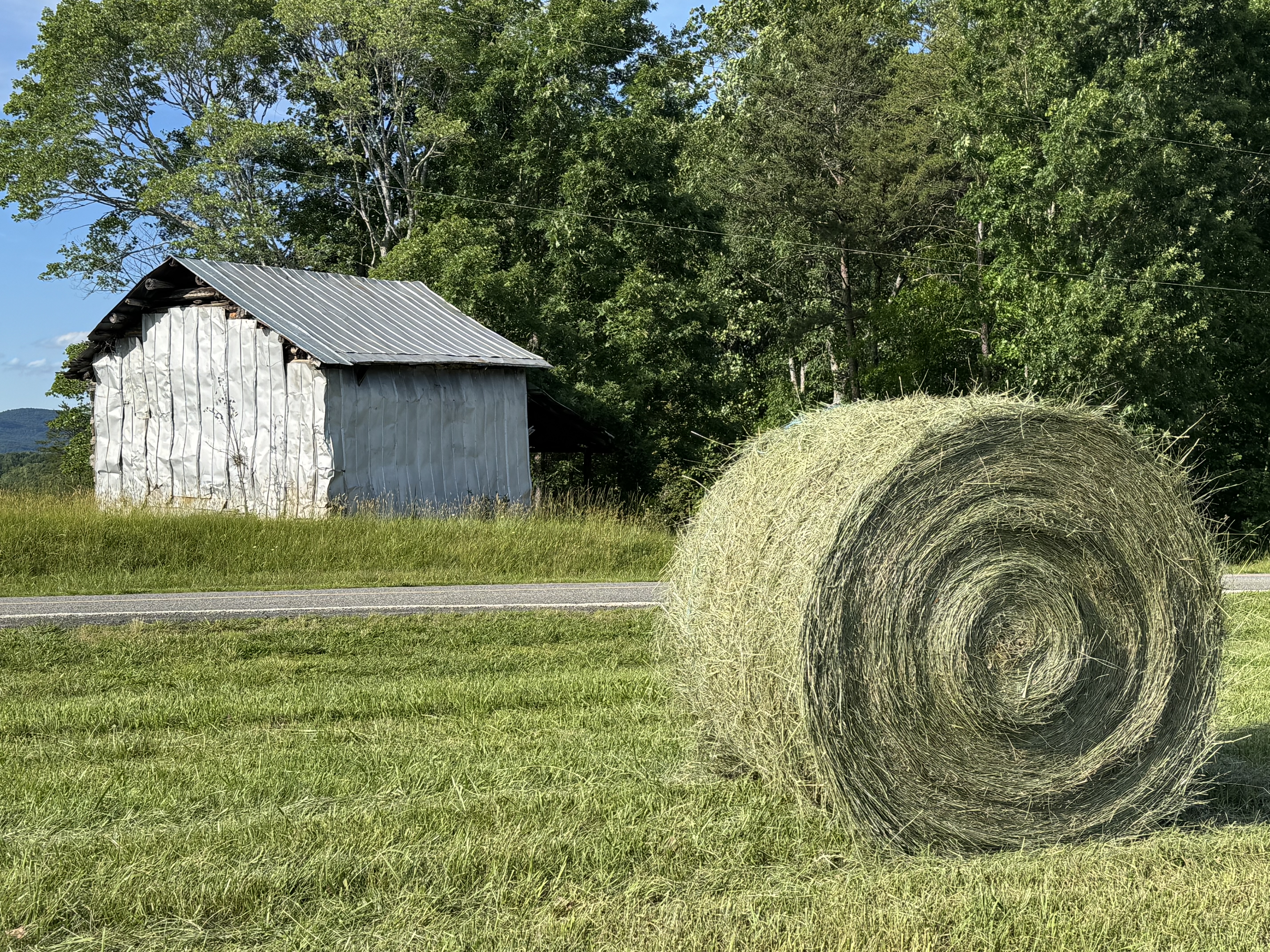Making Hay Versus Buying Hay
go.ncsu.edu/readext?1096360
en Español / em Português
El inglés es el idioma de control de esta página. En la medida en que haya algún conflicto entre la traducción al inglés y la traducción, el inglés prevalece.
Al hacer clic en el enlace de traducción se activa un servicio de traducción gratuito para convertir la página al español. Al igual que con cualquier traducción por Internet, la conversión no es sensible al contexto y puede que no traduzca el texto en su significado original. NC State Extension no garantiza la exactitud del texto traducido. Por favor, tenga en cuenta que algunas aplicaciones y/o servicios pueden no funcionar como se espera cuando se traducen.
Português
Inglês é o idioma de controle desta página. Na medida que haja algum conflito entre o texto original em Inglês e a tradução, o Inglês prevalece.
Ao clicar no link de tradução, um serviço gratuito de tradução será ativado para converter a página para o Português. Como em qualquer tradução pela internet, a conversão não é sensivel ao contexto e pode não ocorrer a tradução para o significado orginal. O serviço de Extensão da Carolina do Norte (NC State Extension) não garante a exatidão do texto traduzido. Por favor, observe que algumas funções ou serviços podem não funcionar como esperado após a tradução.
English
English is the controlling language of this page. To the extent there is any conflict between the English text and the translation, English controls.
Clicking on the translation link activates a free translation service to convert the page to Spanish. As with any Internet translation, the conversion is not context-sensitive and may not translate the text to its original meaning. NC State Extension does not guarantee the accuracy of the translated text. Please note that some applications and/or services may not function as expected when translated.
Collapse ▲The majority of all livestock producers in Stokes County would be considered on the smaller end of the production scale, thus it makes sense to purchase hay rather than to make your own. “Hay production may no longer be the most efficient or profitable use of your time and resources”, Carson Roberts, University of Missouri, Drovers Magazine, retrieved September 17, 2025. Here are 10 reasons you should quit making hay:
- High equipment costs
- Over-equipped farms
- Haying takes time
- Labor storages
- Variable forage quality
- Oversupply of hay
- Haying removes nutrients
- Soil degradation
- Profitable alternatives
- Cheap winter-feeding strategies
Learn more at Why Should I Quit Making Hay. Remember to visit nchayfinder.com to locate potential sources for purchasing hay. Find someone that you can trust, and get an established contract with them. If they haven’t tested their hay, you can learn more about doing that at Forage Hay Testing.





